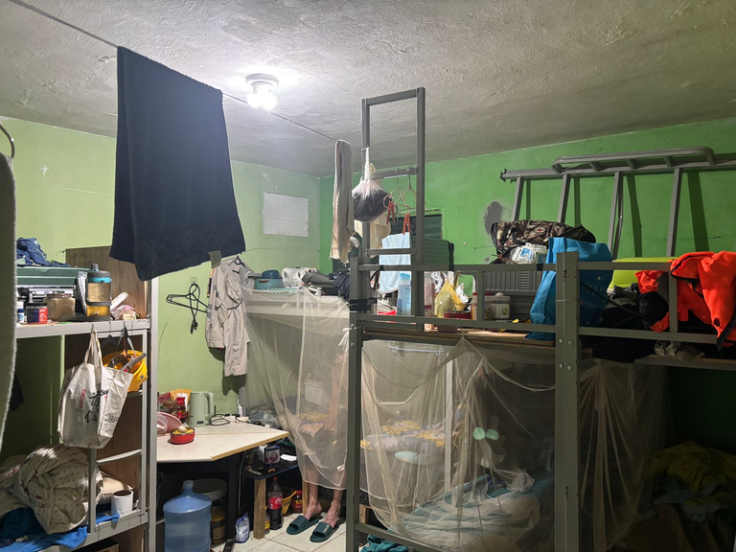
After Brazilian authorities temporarily suspended construction work on a factory for Chinese electric vehicle (EV) giant BYD, citing "slavery-like" conditions for workers, contractor Jinjiang Group denied the allegations. More than 160 workers were rescued in Bahia state, according to Brazil's Public Labour Prosecutor's Office (MPT). Jinjiang attributed the claims to cultural misunderstandings and translation errors.
Brazilian labor authorities made the accusations on Wednesday, prompting BYD to cut ties with the firm responsible for hiring the 163 Chinese workers. The EV giant confirmed it is cooperating with authorities, as reported by Reuters. Jinjiang said on its Weibo account that the allegations misrepresented the facts and harmed the dignity of its employees and the Chinese people.
"Being unjustly labeled as 'enslaved' has made our employees feel that their dignity has been insulted and their human rights violated," the company said, adding that its employees signed a letter expressing their perspective. Jinjiang shared a video featuring workers in Camacari, one of whom told they were satisfied with their working conditions and hoped for the project's successful completion.
The dispute centers around passports reportedly withheld by the company, which Jinjiang argued were collected to assist workers in obtaining temporary ID certificates. Brazilian inspectors claim the action constituted a violation of labor rights.
Li Yunfei, BYD's general manager of branding and public relations, echoed Jinjiang's defense on Weibo, accusing "foreign forces" and certain Chinese media of attempting to tarnish the reputation of Chinese businesses and undermine Sino-Brazilian relations.
The controversy comes as BYD is constructing a factory in Brazil with plans to begin producing 150,000 cars annually by 2024 or 2025. The factory was scheduled to be operational by March 2025, and was set to be BYD's first EV plant outside of Asia. Brazil, BYD's largest overseas market, is set to increase tariffs on imported EVs from 18% to 35% in July 2026, further emphasizing the importance of domestic production.
China's foreign ministry also addressed the issue, with spokesperson Mao Ning stating that the Chinese embassy in Brazil is working with local authorities to verify the claims and manage the situation. Meanwhile, Jinjiang reiterated that suggestive questioning by Brazilian inspectors contributed to the misunderstanding.
Prosecutors reported that workers at one site were forced to sleep on beds without mattresses and share each bathroom with 31 others, leading to early wake-ups to prepare for work.
"The conditions found in the lodgings revealed an alarming picture of precariousness and degradation," the Public Labour Prosecutor's Officesaid, according to BBC.
Under Brazilian law, "slavery-like conditions" encompass debt bondage and work that undermines human dignity. The MPT further noted that many workers had wages withheld and faced steep penalties for ending their contracts, meeting the criteria for "forced labor." BYD responded by relocating affected workers to hotels.
© 2024 Latin Times. All rights reserved. Do not reproduce without permission.








